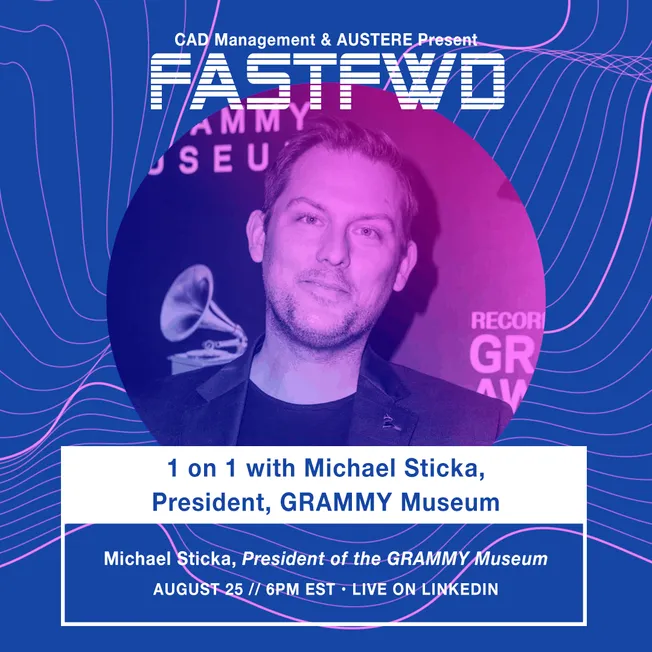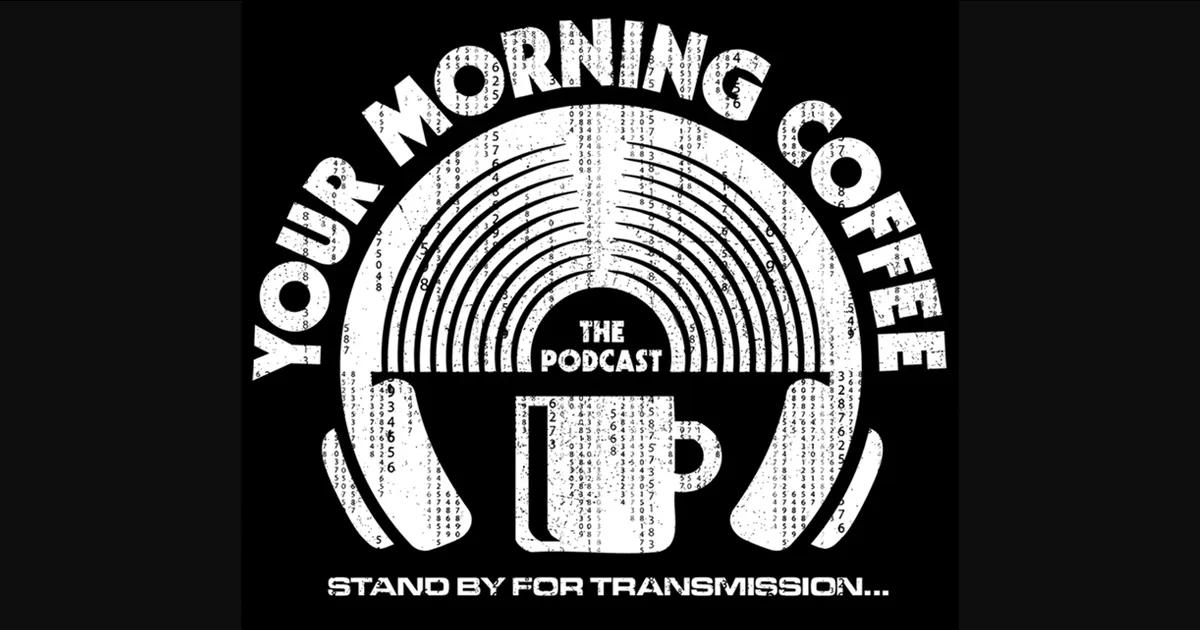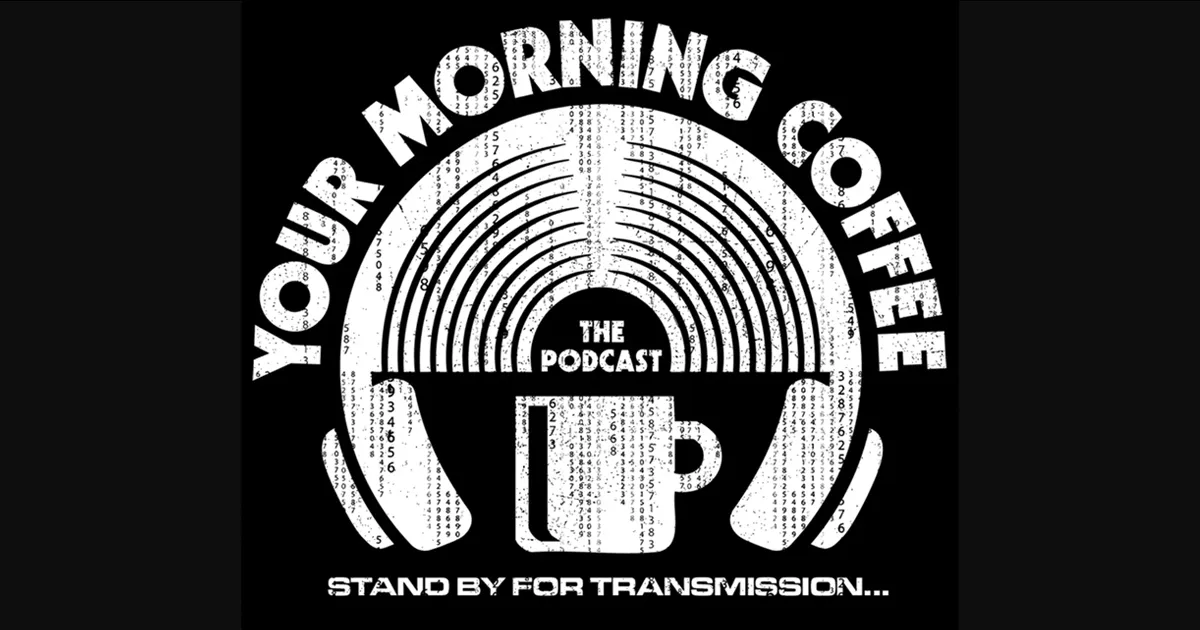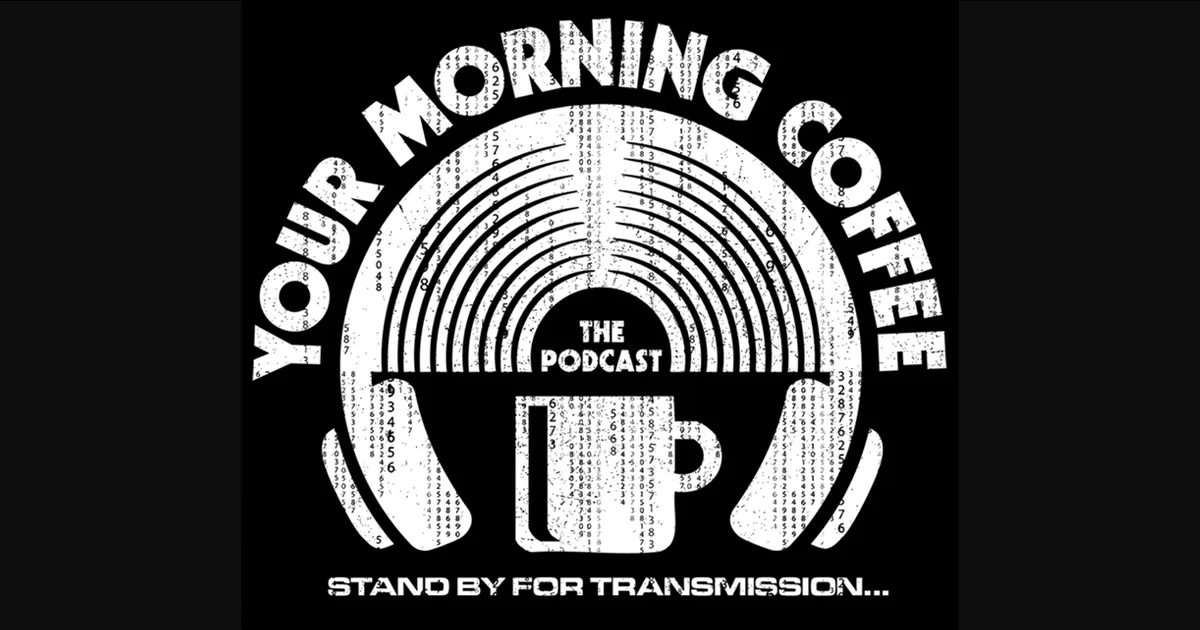In this Fast FWD panel recap, Michael Sticka dives into how he and his executive team turned the GRAMMY Museum into a digital ecosystem mid-pandemic, and how their digital transformation can inform the broader music industry on adjusting their models in the age of quarantine culture.
Guest post by Amanda Montgomery, Head of Music at CAD Management
This is an intriguing time for digital transformation. For the past few years, many companies held back on the extent of digital transformation they were willing to undertake. This was because the resources needed to take on such a major shift seemed too large a task. But the COVID-19 crisis and subsequent recession changed that picture and companies are now looking to accelerate digital transformation at a record pace. Simply put, digital transformation can offer robust value-creation opportunities that go way beyond cost savings. In today’s marketplace, digital transformation is a process used to ensure business models remain more pandemic proof and more flexible to unforeseen risks and disruptions. This undertaking is not easy, especially in the entertainment industry.
Yet, despite the challenges of being a digitally mature organization, some were able to successfully make the leap creating the hybrid future of digital and in-person experiences. One such company has been the GRAMMY Museum, who since March successfully digitized their full suite of products and experiences ranging from educational initiatives to exclusive GRAMMY content. The organization and its leaders embodied one goal described perfectly within its new mission statement – #DoorsClosedMissionOpen.
How did the GRAMMY Museum pull off such a massive digital transformation in such a short time span? In our latest Fast FWD panel, we sat down with Michael Sticka, President of the Grammy Museum, to discuss the ins and outs of the museum’s content and digital transformation strategy and what tactics his team deployed to drive this change in the midst of a global pandemic and economic recession.
Here are some highlights from the discussion. Check out the full panel here: https://www.youtube.com/watch?v=RI5pSp0MOcQ
COVID-19 Accelerated The Grammy Museum’s Plan To Create The Digital Museum Of The Future
On March 13th, the GRAMMY Museum closed due to the growing number of cases of COVID-19 not only in Los Angeles but around the country. Within less than a week, Sticka and his team were able to not only build an entirely new website for the museum, but create a litany of content to keep visitors, members, students, and the general public engaged for the foreseeable future until museums were able to open at full capacity.
“We still have a duty to fulfill our mission,” Sticka wrote to his team just one day after the museum’s closure. They now have a new site to surface their content, including 3,000+ hours of artist related content, exhibits being released on Fridays by their curatorial team, and mini-lessons created by the education team directed towards both teachers and students.
“COVID required that we accelerate our digital footprint. This is certainly going to be something that even when we reopen the museum here in LA, will outlive the pandemic,” says Sticka. “I anticipate we will continue to create really captivating and unique digital IP which will give our museum access to everyone around the world. For the first time, we will not have any geographical limitations in terms of who can attend and experience the museum.”
Mentorship Will Continue To Drive The Future Of The Music Business Today And Into The Foreseeable Future
The benefits of mentoring are endless. For individuals, studies show that good mentoring can lead to greater career success, including promotions, raises, and increased opportunities. Organizations that embrace mentoring are rewarded with higher levels of employee engagement, retention, and knowledge sharing. In fact, mentoring has proved so beneficial that 71% of Fortune 500 companies offer mentoring programs to their employees. It is no wonder then why Michael Sticka, President of GRAMMY Museum is a big proponent of mentorship. During the panel, he shared what drives his passion to give back to the next generation of music creators and professionals stemming from his recent op-ed in Forbes.
“What we do for our music education programs at the museum is foster the next generation of music creators and leaders so it is very important that we put that in practice,” says Sticka. He then goes on to say that there is a responsibility of leadership to offer mentorship and guidance.
In regards to Sticka’s career trajectory, he recalls his mentor, Uncle Rick, stating that his non-judgemental attitude really helped him grow in his career. Sticka goes on to say that being non-judgemental is probably the most important part of mentoring, noting that each person needs a safe haven to make mistakes during one’s long path to achieving career goals.
Your Team Is The Catalyst To Not Only A Long-Lasting Career, But Building A Resilient Business That Can Thrive In Tomorrow’s Marketplace
“To be an effective leader, I think it’s really imperative that you empower people below you on the org chart to make decisions and feel like they can bring ideas to the table that will not just be heard, but implemented,” Sticka says. “At the same time, it’s important to know where you’re going as a company before you bring people along with you. Having a clear direction keeps the team motivated on the larger organizational goals.”
This thought process was evident especially when he expanded the GRAMMY Museum executive team in July to include the creation of three key senior leadership positions making Hilary Fahlsing the Vice President of Finance and Administration; David R. Sears the Vice President of Education for GRAMMY in the Schools; and Lynne Sheridan the Vice President of Artist Relations, Programs, and Content.
Sticka accredited his team to the organization’s successful transition to digital, saying that each person was given the tools and the freedom to make the decisions needed to put the GRAMMY Museum in the best position possible during the COVID-19 pandemic.
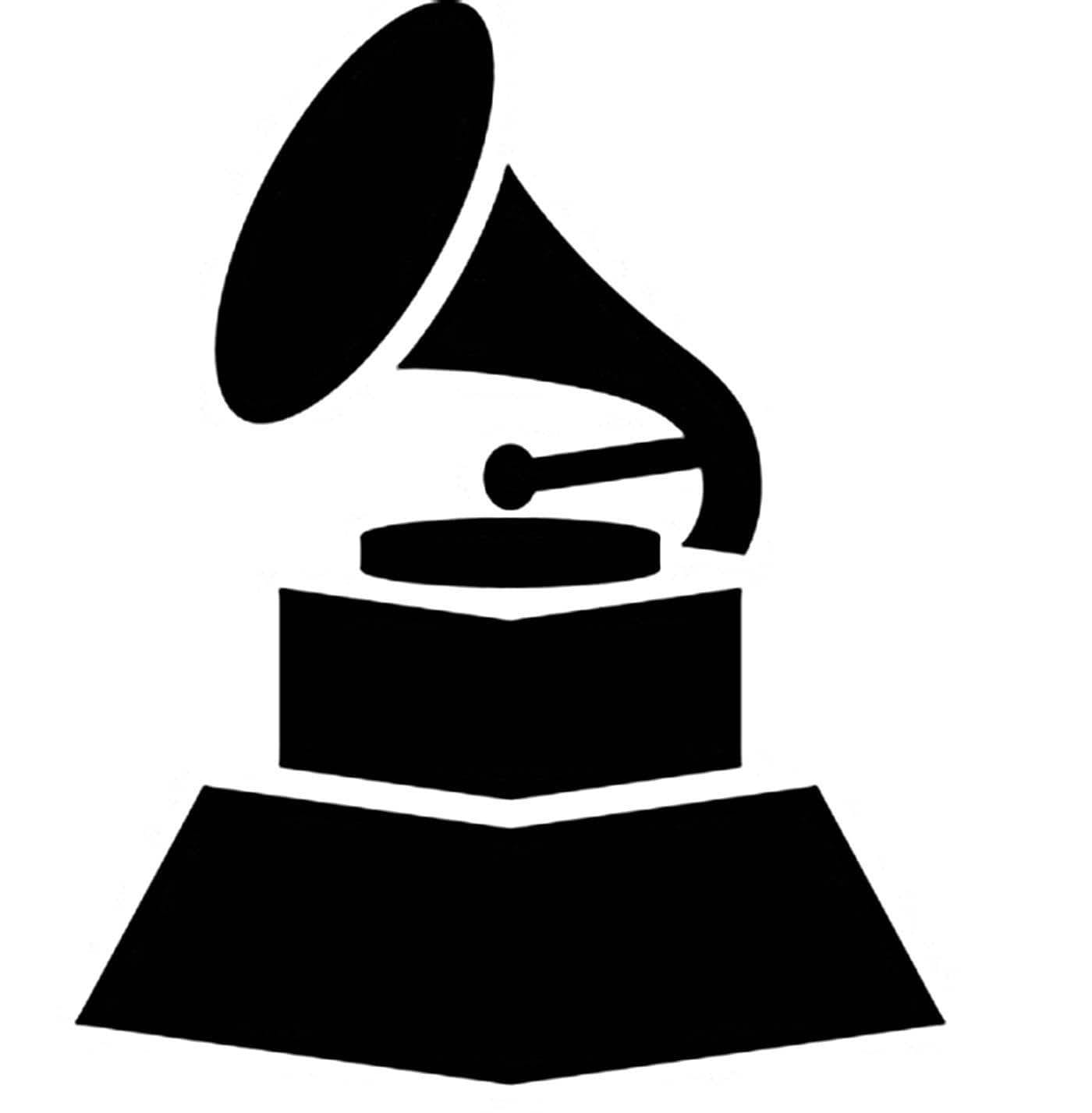
Bringing The GRAMMY Museum’s Staple Songwriting Camps To Digital To Continue To Foster The Next Generation Of Music Creators
The GRAMMY Museum’s popular five-day songwriting workshop, Summer Session, was offered online for the first time this June alongside producer/songwriter Boi-1da, who has worked with some of the biggest names in music, including Drake, Rihanna, Eminem, and Nicki Minaj. The online workshop, which typically takes place at GRAMMY Museum L.A. Live for Los Angeles-based students, offered a new opportunity for Sticka and his team to reimagine the staple program, and expand it through various digital channels.
Despite slight disappointment not being able to hold these sessions in person, Sticka shared why this new content distribution and online event model gave these young artists and industry professionals an opportunity to experience all that can be accomplished during this period of remote work. It also opened up new possibilities for the GRAMMY Museum which saw that through digital the geographical barriers that may have once limited the ability to participate have been eliminated through digital content channel distribution.
“What this experience has taught us is that we can deliver this programming very effectively for very low cost and in any geography or anywhere we want,” says Sticka. “Although I am certain in-person programming will make its way back to the museum, this successful run of remote events and collaboration is something that will truly allow our educational initiatives to touch an even larger audience than ever before. With that in mind, there is no doubt that the hybrid future of digital and physical content coming together is exciting for us across the organization.”
Grammy Museum Partnered With GRAMMY U and Former First Lady Michelle Obama’s Reach Higher Initiative To Provide A Virtual Mentorship Program
GRAMMY Museum recently partnered with GRAMMY U and Former First Lady Michelle Obama’s Reach Higher Initiative for Mentorship Monday, a program dedicated to providing students tools, resources, and insight on how to enter into the music industry.
“Partnering with Mrs.Obama and her entire mission was an amazing honor,” Sticka states, adding that this program allowed the GRAMMY Museum to reach young people that they otherwise may not have been able to through messaging and awareness. According to Sticka, It was important to make this a full partnership. “Collaboration is what creates sustaining impact, so partnering with GRAMMY U, Recording Academy, and Mrs. Obama’s entire initiative, and running it out of the museum really allowed us to deliver our mission in a different way and meet new people which was really exciting.”
The GRAMMY Museum takes a comprehensive approach to their mission, especially with music education. “It starts with bringing 25,000 – 30,000 students each year through the gallery in Downtown L.A.,” Sticka states, adding that most of these students come from underserved and underprivileged neighborhoods. This also feeds into their summer and after school sessions which provide a more hands-on approach to music education, followed by their GRAMMY Camp and GRAMMY Career Day, which focuses heavily on careers within the music industry.
The Grammy Museum Prioritizes Diversity and Inclusion In Their Education Initiatives
The GRAMMY Museum recently partnered with Digital Drag Fest to host Writing With Pride, highlighting LGBTQ+ songwriters and performers. “It was very successful and something I hope we can do again with them,” Sticka states, adding that they’ve also had panels around LGBTQ+ in music during Grammy week at the museum. Sticka notes that it is very important that his team celebrates with all kinds of people who are in music, using their brand and resources to help foster conversations.
The GRAMMY Museum focuses on diversity and inclusion by making sure their programs are not cut off from people who should be a part of them. “From our perspective, we focus on music education and careers through music. Where we can be of service to help fill that gap is to make sure our programs are accessible, affordable, marketed appropriately.”

